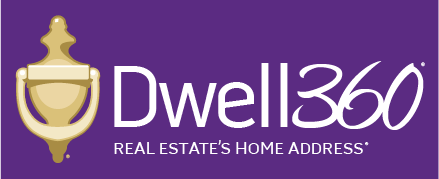Three Ways to Invest in Real Estate
Investing in real estate can seem overwhelming and reserved for the very rich. In the current economic conditions and marketplace, it may even feel a bit too risky. But if you’ve ever thought real estate investing may be right for you, this is a great time to learn about your options and how it can be done by almost anyone.
Before we learn about our options, though, let me say that I believe real estate investing can be a long a cumbersome process if you are new to it. That is not a bad thing, and I think of a lengthy process as a series of checkpoints that will make me very sure of my decision at the end. But it does mean that you have to have a critical eye, some good research skills and an a greater-than-average supply of patience. If this sounds like you, then let’s review how you can get into the lucrative business of real estate investing.
Whatever your budget, real estate can be your investment vehicle.
1. All cash deal. If you have lots of cash, you may be able to find an investment property in your area and buy it without a mortgage. The advantage of this is that you will be a highly qualified buyer and you can probably secure a property for a bit of savings over a buyer who has to get a mortgage. Another advantage of a cash buyer is that her expenses are much lower, as there is no monthly mortgage payment. This enables her to be more flexible on the rent, giving her more options in choosing tenants.
The disadvantage of an all cash deal is that it is not taking advantage of very low mortgage rates. Borrowing is pretty cheap, and if all your cash is in one place, you can’t use it elsewhere. Leverage is a real estate investor’s friend.
2. Part cash, part mortgage. The down payment minimum is 20-30%, depending on various circumstances and your financial qualifications. My rule of thumb is that you should make money, or at least break even, with this kind of down payment. If you lose money on a monthly basis, the property is not worth the price, (at least not not for an investor). Your mortgage payments, any association fees and taxes should be covered by the rent.
The advantage here is that you’ll be taking advantage of the cheap borrowing costs, and you’ll own a property with an income without the whole cash outlay.
The disadvantage is, obviously, the cost of borrowing money and the higher cost due to your mortgage payment – same as the mortgage on your home.
3. Pool of investors with little cash. Gather a few friends and family, and pool your money together to buy one property. It can even be a small property at first, but at least get into the market. If ten friends get together with $15,000 each…you do the math. The advantage is that you are in the real estate market, getting a piece of the pie, however small. It is a start, or a great single investment you have. You can hire a real estate broker and an attorney to help maybe for a stake in the property instead of commission and fees.
The disadvantage is finding like-minded individuals and putting it all together in a legally binding agreement. To me, this is just a bit of leg-work, and not so much a disadvantage, but it does add to the complexity of the transaction.
Entering the real estate market as an investor is not simple at first, but once you are in, it gets easier and easier. If you’ve ever considered investing in real estate, this is a great time to get in. Just choose your strategy and do it!
Ruth Lerner, Real Estate, Dwell360Ruth Lerner is a Senior Sale Associate with Dwell360 a residential real estate firm based in Boston and Newton Massachusetts. Ruth as a part of Dwell360 services the cities and suburbs of metro Boston. Contact Ruth at Ruth@Dwell360.com or 617-807-0471



